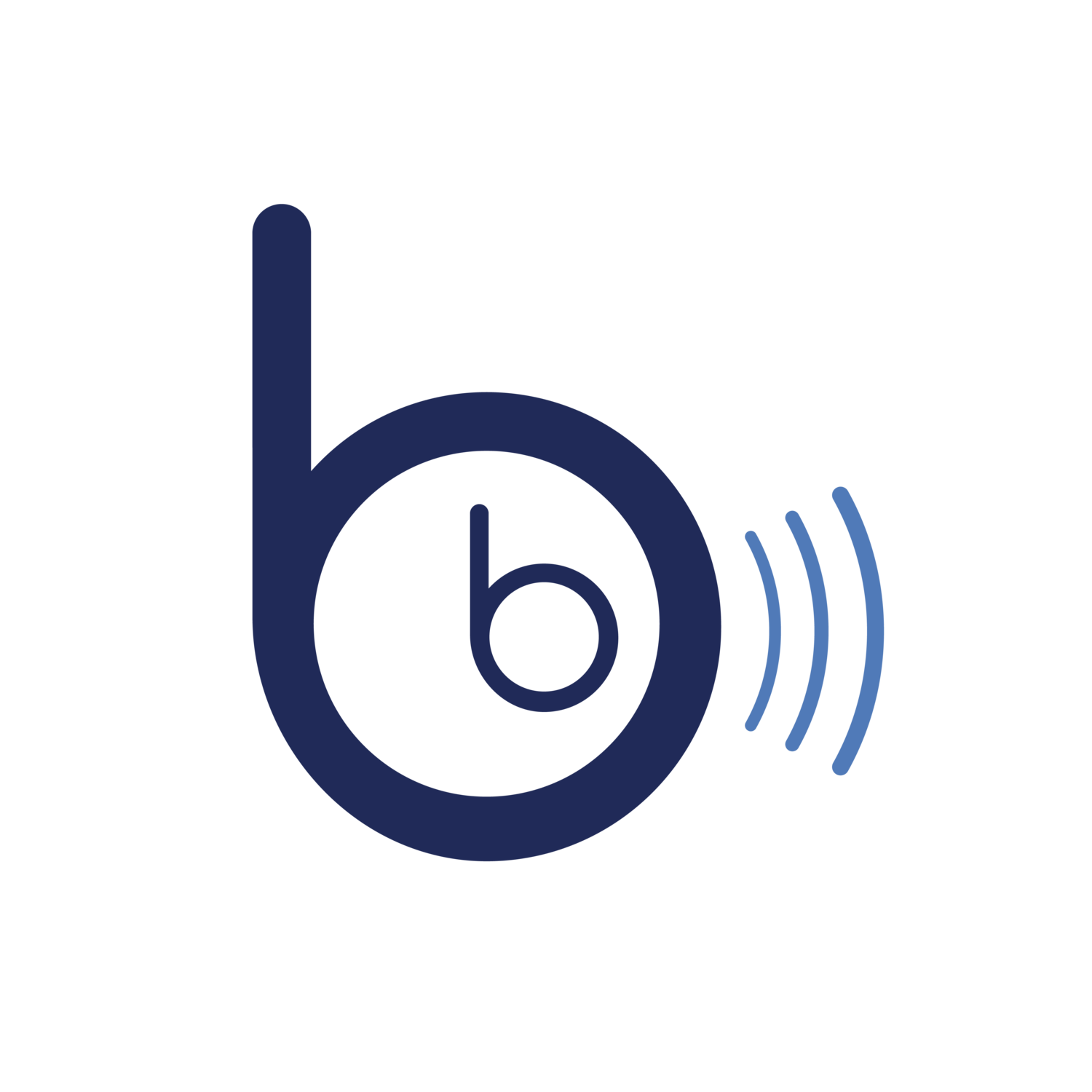Dysfunctional or Chronically Diseased Gallbladder
There are many great traditions during the holiday season - house decorating, gift giving, movie watching and so on. But if there is one thing every family in America does around the holidays, its eating, and lots of it. We know this not just because we see our favorite uncle pass out on the couch every year, but because of hospital admission rates.
Compared to the rest of the year, there is a significant spike in hospital admissions related to abdominal pain around the holidays simply because of overeating. However amusing as this may be, persistent bloating and discomfort following a full day of eating can actually be a strong indicator of a more serious problem.
In some cases, your gallbladder could be to blame. Gallbladders aren't given much attention - but they have the important job of releasing bile into the small intestine to aid in digestion, particularly with fatty foods. And if they're not in full working order, digesting those ham and potatoes may not go over so well resulting in some strong abdominal pain.
While there are several pathologies that can be associated with the gallbladder - symptoms of a dysfunctional or chronically diseased gallbladder can flare up after overeating during the holidays. In these cases, the gallbladder may have gallstones or mild inflammation, making you regret that second or third helping of food.
The best course of action if you are commonly having these symptoms after your meals is to see a physician for an abdominal ultrasound scan. From there your physician can best assess what kind of care is best for you. So don't hesitate to head to your doctor or hospital to ensure you're healthy for the next holiday meal. After all, you may find you are in good company in the waiting room.



